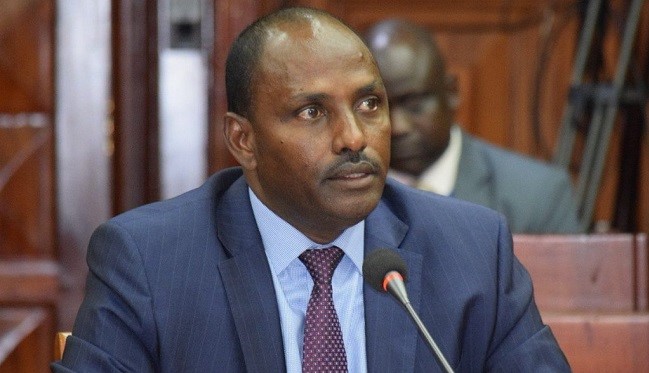Kenya, World Food Programme (WFP) and UN food-assistance branch, on Thursday, September 9, 2021 signed a partnership agreement to jointly implement the government-financing locally-led climate action programme.

The programme seeks to strengthen local resilience to the impact of climate change by building capacity to plan, budget, implement, monitor, and report resilience investments in partnership with county governments and communities.
Ukur Yatani, Cabinet Secretary for National Treasury, said that climate-related disasters such as droughts and floods are estimated to create an economic liability of between 2 to 2.8 percent of GDP annually.
He opined that the partnership places the power and tools to predict, prepare and respond to climatic shocks in the hands of the most vulnerable communities with county governments playing a central role.
Under the partnership, the WFP would support the scaling-up of community-led climate-sensitive actions, invest in increasing the capacities of national and county institutions to programmes, finance, and implement climate change initiatives.
It would also rebuild the livelihoods of families that have lost their incomes.
Yatani said Kenya has over time put in place strategic interventions in collaboration with development agencies to track and report climate-relevant interventions and expenditures.
According to him this would facilitate better coordination and effectiveness in climate change mitigation and adaptation efforts, while promoting greater transparency in line with the Paris Agreement signed in 2015.
The officials however warned that climate change poses a significant threat to agricultural productivity which is the backbone of Kenya’s economy.
It said that if left unchecked, climate change-related shocks would cause untold disruptions to the food and nutrition security of the country.
WFP Kenya Country Director, Lauren Landis, said the partnership is aimed at jointly finding lasting solutions.
She noted that climate change can quickly spiral into full-blown food and nutrition crises, with the global risk of hunger and malnutrition estimated to increase by up to 20 per cent by 2050.
“By working together, we are confident that we will save lives, spend less on humanitarian assistance and set-up Kenyan communities for a more sustainable and food-secure future.’’
